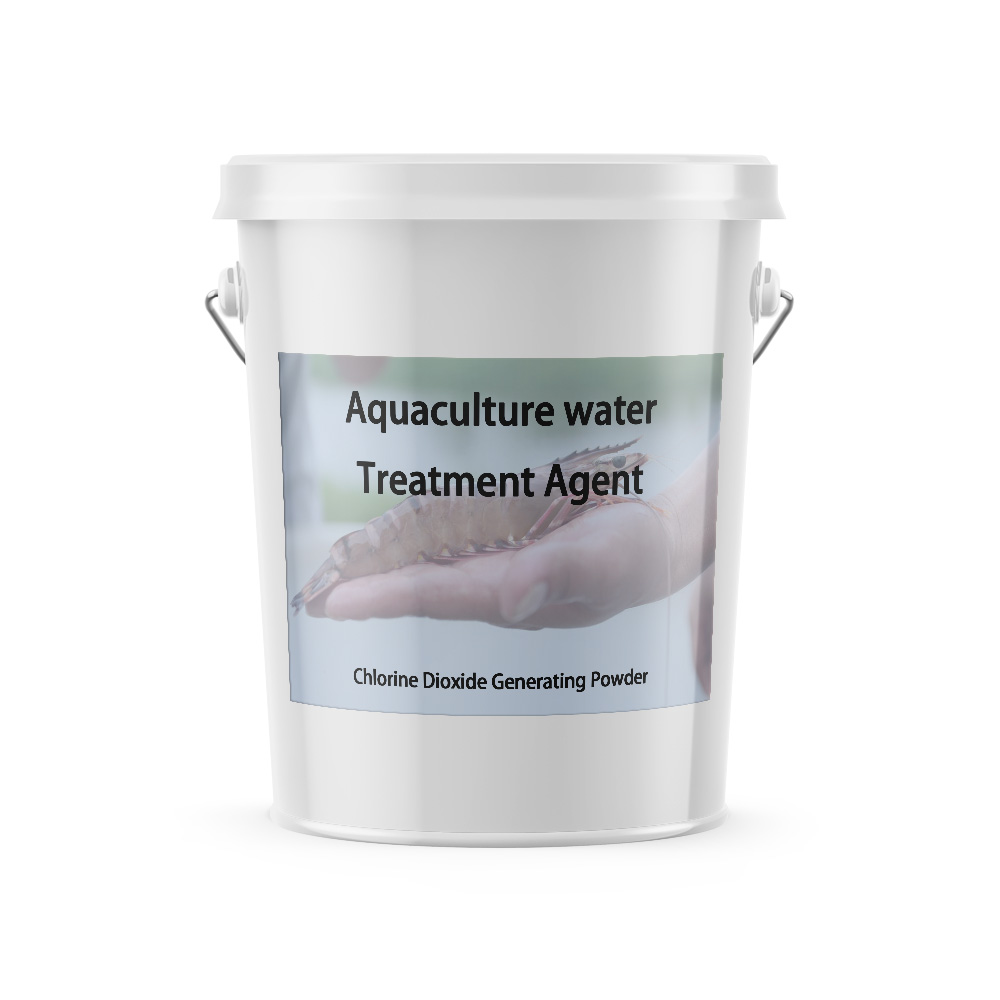



Pharmaceutical Safety Analysis and Environmental Impact of Sodium Chloride Compounds
Understanding CAS No. 7778-77-0 A Comprehensive Overview
CAS No. 7778-77-0 corresponds to a well-known chemical compound potassium phosphate, monobasic, which is commonly referred to as monopotassium phosphate (MKP). This compound is an inorganic salt and is widely used in various industries, including agriculture, food, and pharmaceuticals. Understanding its properties, applications, and safety measures is essential for anyone looking to work with or study this compound.
Chemical Composition and Properties
Monopotassium phosphate has the chemical formula KH2PO4. It is a white, granular substance that is highly soluble in water, forming a clear solution. The compound consists of potassium (K), hydrogen (H), phosphorus (P), and oxygen (O), with its molecular weight being approximately 136.09 g/mol.
One of the notable properties of MKP is its ability to act as both a source of potassium and phosphorus, which are vital nutrients for plant growth. It offers a balanced ratio of these essential elements, making it a popular choice in fertilizers. Additionally, as a buffer, it helps maintain pH levels in various solutions, which is critical in both agricultural and industrial applications.
Applications in Agriculture
In agriculture, monopotassium phosphate is primarily utilized as a fertilizer. Its high solubility allows for quick absorption by plants, facilitating rapid growth and development. Farmers often use MKP during the flowering and fruiting stages of crops to enhance fruit size, color, and yield. Its use is particularly beneficial for high-value crops such as fruits, vegetables, and flowers.
Moreover, MKP is important in hydroponics and other soil-less farming methods. It provides essential nutrients to the plants without the presence of soil, ensuring that the plants receive optimal nutrition directly through their roots. This results in higher efficiency and faster growth rates, essentials for modern agricultural practices.
Role in Food Industry
Beyond agriculture, monopotassium phosphate has various applications in the food industry. It is used as a food additive, designated as E340(i), and serves multiple purposes. MKP acts as an acidity regulator, emulsifier, and stabilizer, enhancing the texture and shelf-life of food products. It is particularly common in processed foods, dairy products, and soft drinks.
cas no 7778 77 0

In addition, MKP is utilized in the production of certain types of cheese, where it helps improve moisture retention and product consistency. It is vital in creating a desirable texture and flavor profile, which are important factors for consumer satisfaction.
Pharmaceutical and Cosmetic Uses
In pharmaceuticals, monopotassium phosphate is employed in drug formulations as a buffering agent. It helps maintain the desired pH level of medications and plays a role in stabilizing active ingredients. Its use in buffers is significant for ensuring the efficacy and safety of various medicinal compounds.
The cosmetic industry also leverages MKP's properties. It can be found in certain skincare products, where it acts as a pH balancer. Maintaining a balanced pH is crucial for skin health, and MKP contributes to creating formulations that are gentle yet effective.
Safety and Handling
While monopotassium phosphate is generally regarded as safe when used appropriately, it is essential to adhere to recommended safety guidelines. Ingestion in large quantities may cause gastrointestinal disturbances, while inhalation of dust can irritate the respiratory system. Therefore, it is advised to use personal protective equipment, such as gloves and masks, when handling this compound in its powdered form.
Environmental considerations should also be taken into account. Over-fertilization with MKP in agricultural practices can lead to nutrient runoff, contributing to water pollution. Sustainable practices, including soil testing and appropriate application rates, are crucial for minimizing environmental impacts.
Conclusion
In summary, CAS No. 7778-77-0, or monopotassium phosphate, is a versatile compound with significant applications in agriculture, food production, and pharmaceuticals. Its multifunctional properties make it an invaluable resource across various industries. Understanding its chemistry, benefits, and safety precautions is crucial for anyone involved in its use, ensuring effective and responsible application in their respective fields. Whether enhancing crop yield or improving food quality, MKP continues to play a vital role in modern science and industry.
-
Why Sodium Persulfate Is Everywhere NowNewsJul.07,2025
-
Why Polyacrylamide Is in High DemandNewsJul.07,2025
-
Understanding Paint Chemicals and Their ApplicationsNewsJul.07,2025
-
Smart Use Of Mining ChemicalsNewsJul.07,2025
-
Practical Uses of Potassium MonopersulfateNewsJul.07,2025
-
Agrochemicals In Real FarmingNewsJul.07,2025
-
Sodium Chlorite Hot UsesNewsJul.01,2025










